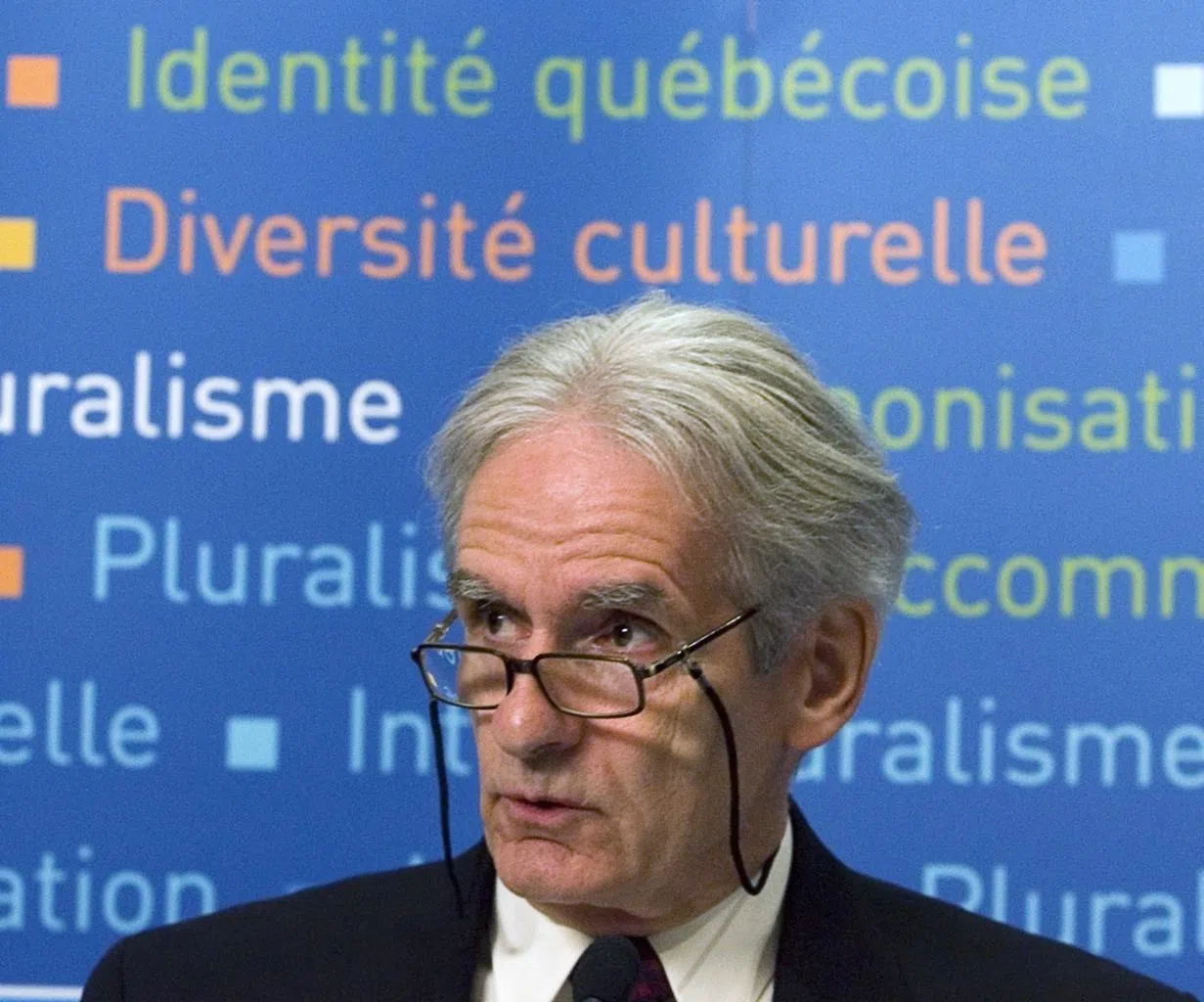
Gerard Bouchard warns Quebec government against perils of religious symbols ban
MONTREAL — Quebec’s proposed legislation banning religious symbols for some public servants drew more strong criticism Friday, with one of the province’s leading intellectuals rebuking the Coalition Avenir Quebec government’s approach.
Gerard Bouchard, co-author of a 2008 report cited as inspiration for the government’s Bill 21, wrote in Friday’s La Presse that it would be a serious mistake to prohibit teachers from wearing religious symbols. He questioned whether Premier Francois Legault had “yielded to demagogy” in banning symbols for those in the education sector.
Bouchard wrote that including teachers in that category, as Bill 21 does, is an unacceptable suppression of a fundamental right, and he called the government’s use of the notwithstanding clause to block court challenges “a perilous path.”
The 2008 report written by Bouchard and philosopher Charles Taylor following provincewide public hearings proposed banning religious symbols for public servants who wield coercive authority, such as police officers, judges and prison guards.


